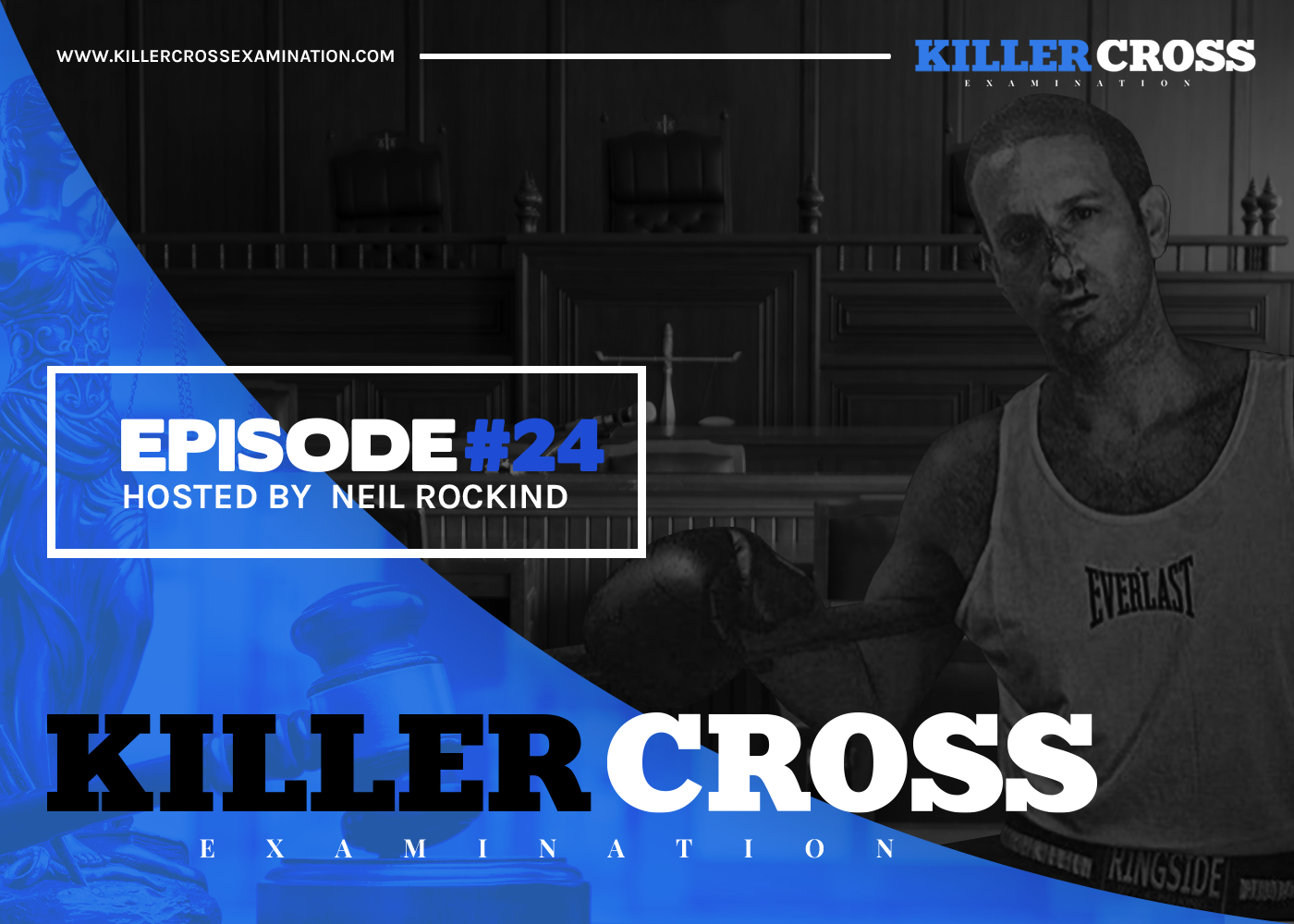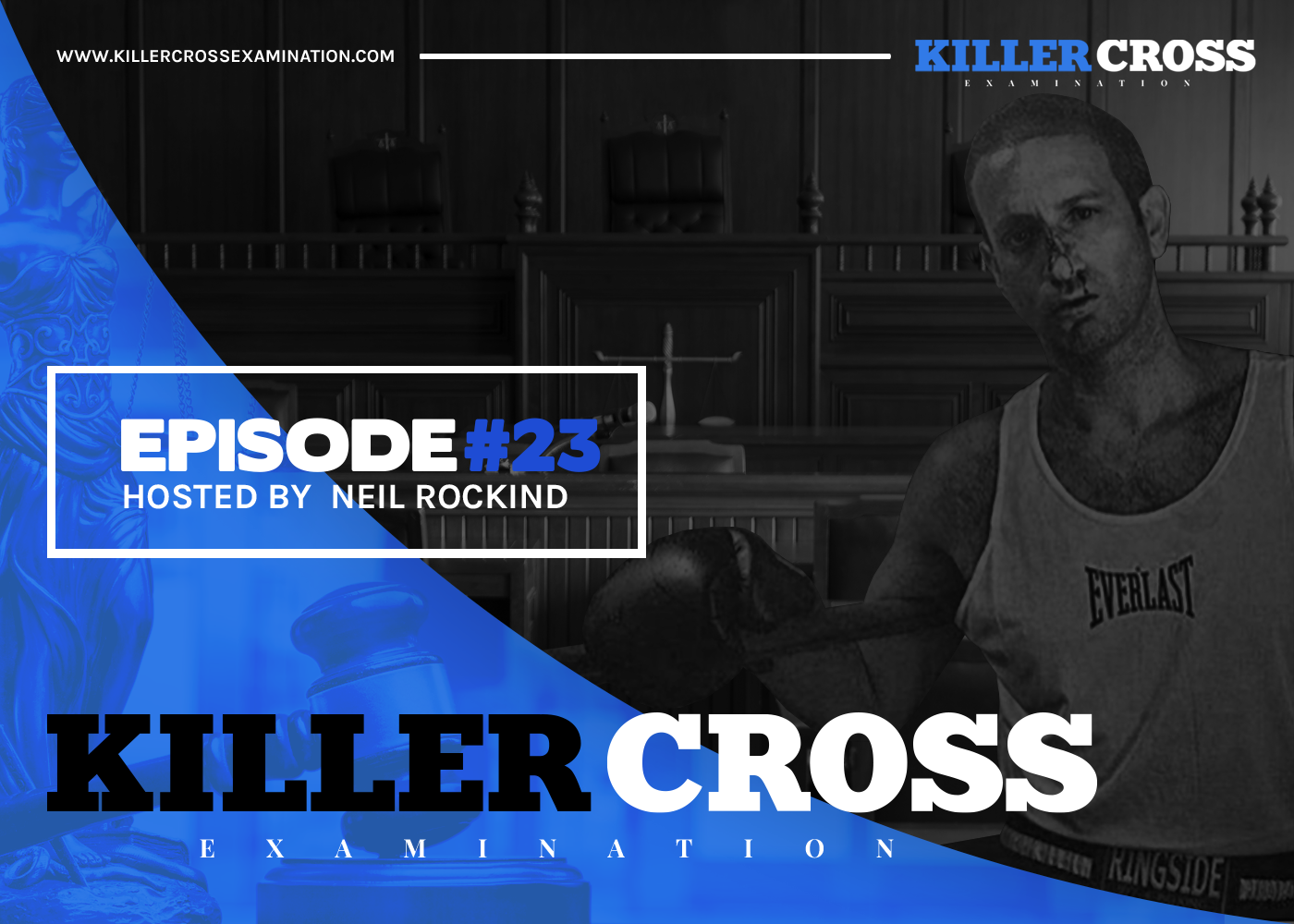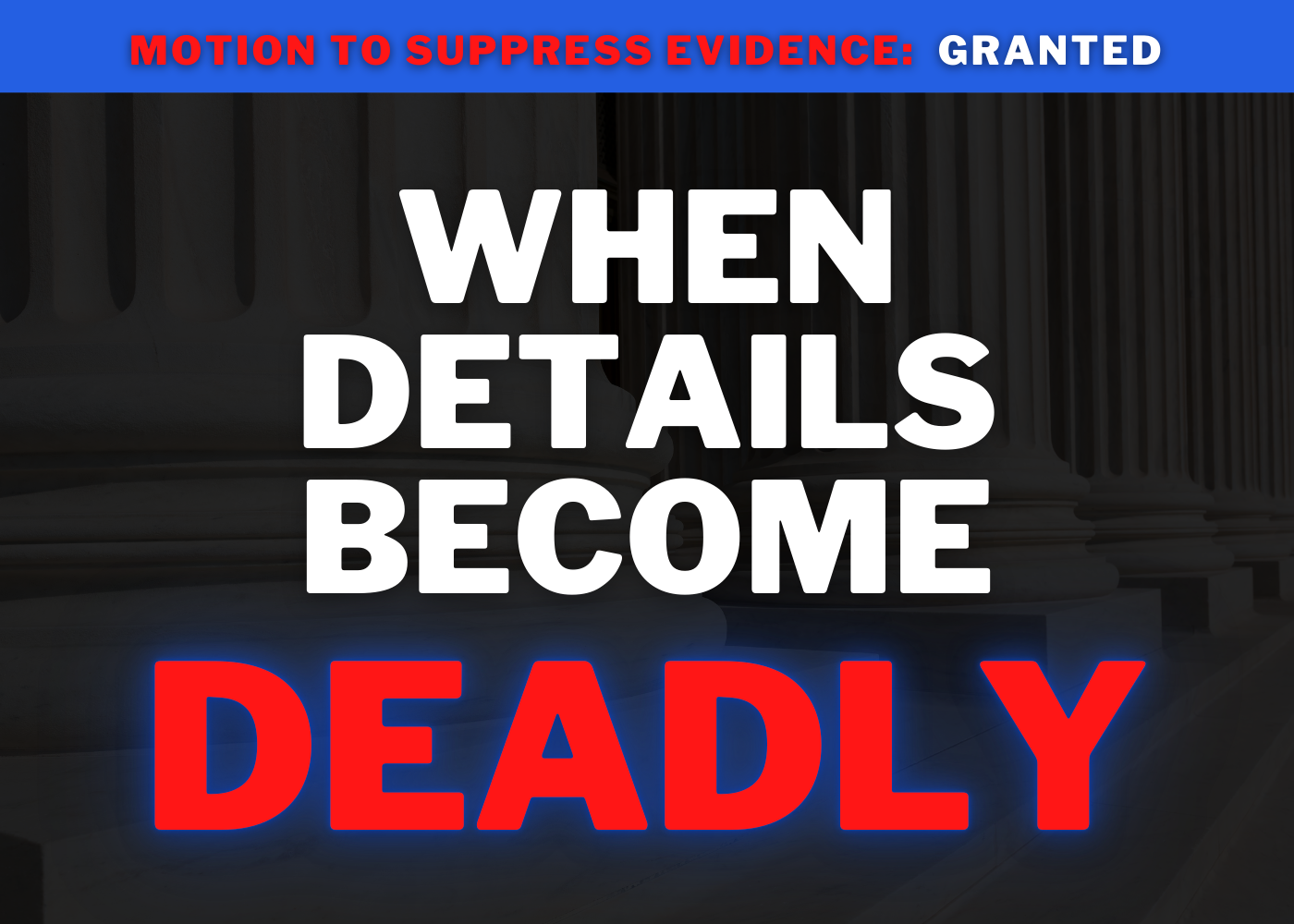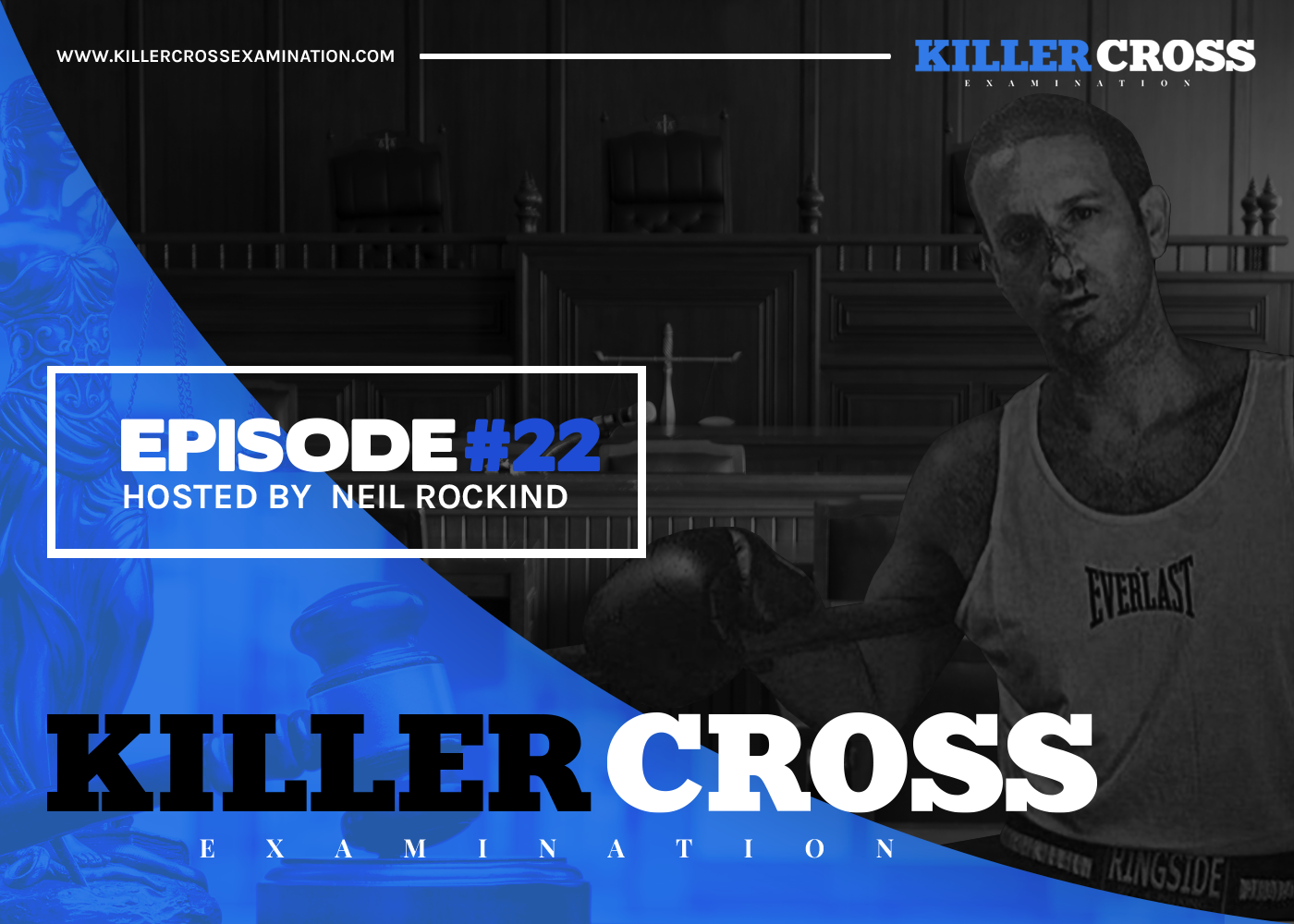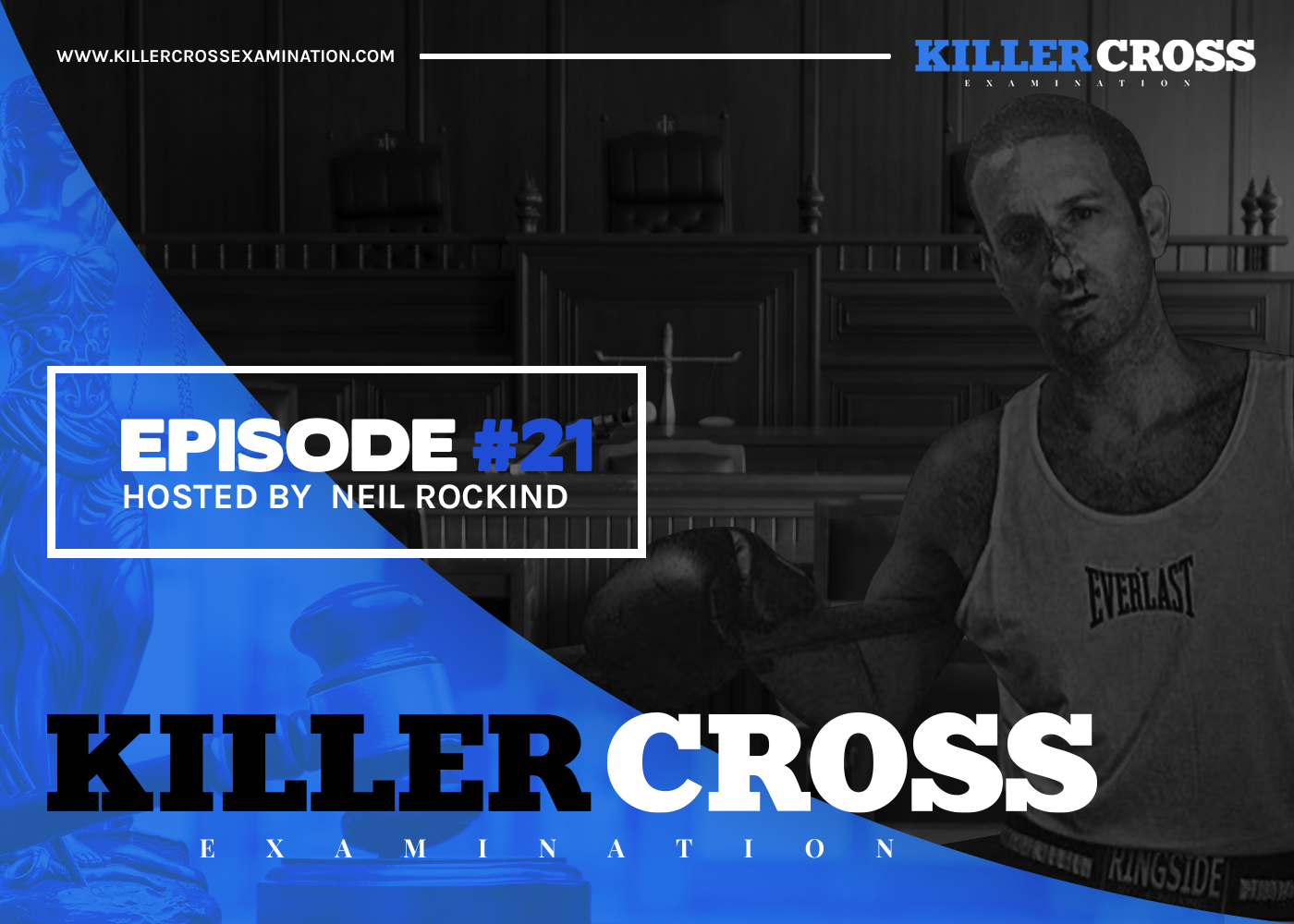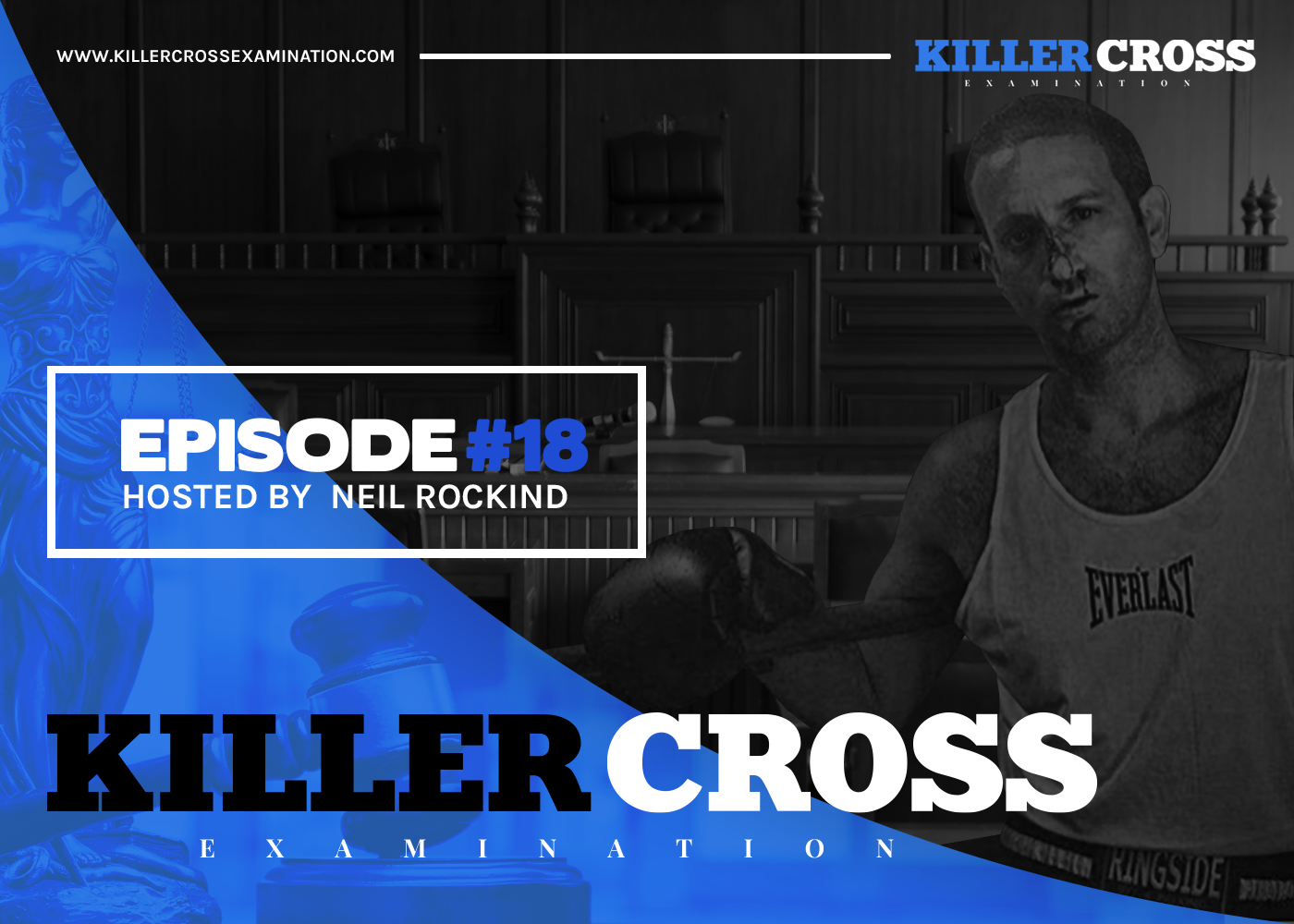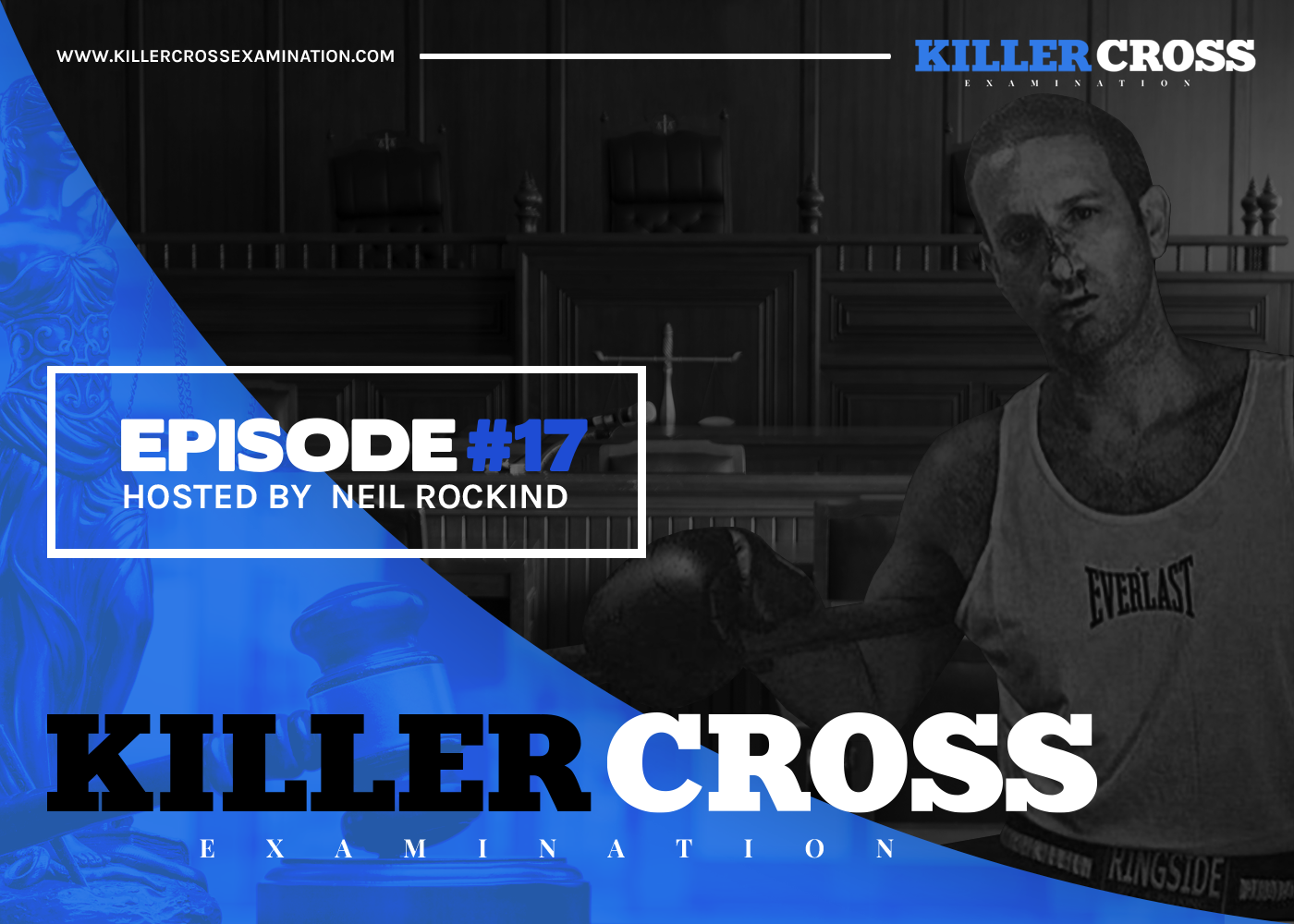Written by Harrison Kakos, Law Clerk at Rockind Law.
As I noted in my last article, of the many different advantages and benefits that clerking with Neil provides, one of the most rewarding among them is the opportunity for observing Neil’s masterful courtroom abilities, especially on cross-examination. Similarly, being able to have insight into the behind-the-scenes components, including brainstorming the best approach, mulling over each and every aspect (along with the litany of different outcomes based on which route is chosen), and even being able to offer my own perspective, is both exciting and is a learning experience unlike any other.
Speaking of which, it is very telling that Neil is willing to entertain and consider the opinions of others. There is no sense in sugarcoating the truth—Neil is not merely one of the best defense attorneys in the area, but more than that, among the very best of the best. It is for this reason that I was so keen on finding some way to work with Rockind Law, and why I am very grateful that I wound up in such a fortunate position.
My fellow clerk, Alex, and I are in our last year of law school. Though we are both strong students and (like to) think of ourselves as fairly intelligent, the truth is that we obviously know far less than Neil when it comes to the law. In spite of this, he is constantly asking for our opinions on various aspects of a case and is willing to listen. So, too, are Rockind Law attorneys Colin Daniels and Noel Erinjeri, both of whom are among the brightest legal minds I know, yet constantly willing to listen to other perspectives or consider another’s viewpoints.
I mention this to underscore that the Rockind Law approach is one which emphasizes the gathering of information. Neil relishes accumulating facts, poring over every detail, and delving into the subtleties. Never will he allow something like pride to get in the way of obtaining information or learning something new.
Neil’s staunch commitment to ensuring that he has all the facts and has also sought the opinions of his colleagues, I have come to realize, is why Rockind Law is so regularly able to achieve such exceptional outcomes. In a recent case, this attention to detail and immersion in facts played a remarkable role in the judge’s ultimate decision to grant our motion and suppress the evidence we were seeking to exclude.
The case was fairly straightforward: our client was stopped by police on a cloudy afternoon, while driving his brother’s van. The officer, a Michigan State Police Trooper, alleged that he observed a defective brake-light along with a failure to signal before merging into another lane. In addition, because it was his brother’s van, our client was unable to provide proof of insurance. Rather than merely issuing a ticket, though, the trooper decided to arrest our client for the infractions. Consequently, because authorities may conduct a search incident to an arrest of a suspect, the trooper searched our client’s person and discovered a handgun. Our client was subsequently charged with Carrying a Concealed Weapon.
Importantly, though, the initial three offenses are all merely civil infractions. As noted in our motion, Michigan law does not allow for arrest of a suspect who has only committed a civil infraction(s):
As noted above, the firearm was discovered only because of the arrest. Since the arrest was illegal, though, any evidence pertaining to the weapon was “fruit of the poisonous tree” and, we argued, ought to be suppressed and excluded.
At the evidentiary hearing on this matter, Neil began by immediately reminding the trooper of his duty to tell the truth. He avoided asking anything else prior to first getting this out of the way. This was a terrific maneuver, as it immediately reminds the judge and others that there is a possibility the trooper was not being honest, as well as simultaneously reminding the trooper himself that he ought to be very cautious with how he answers the upcoming questions.
By ending this way, the Trooper is now committed, he’s locked in to what he’s testified to on direct examination. In other words, he is cornered.
With this out of the way, Neil segued into asking the trooper about how the interaction with our client began. Earlier, when the prosecutor asked the trooper this, the trooper implied that he essentially first asked about nothing except for whether our client had his license, registration, and insurance.
The trooper’s earlier testimony, after being asked by the prosecutor about the nature of the exchange with our client.
However, Neil knew this was not so. Fortunately, we had obtained a copy of the dash-cam footage. After our office reviewed it, we learned that the trooper’s very first remark was, “What’s up, man? Any weapons in the car? Any narcotics in the car?” Before asking about a single thing else, the trooper apparently had already decided to assume that contraband was likely in the van.
Furthermore, the prosecutor’s response to our motion asserted that our client had been arrested not merely for a civil infraction, but rather a misdemeanor (for which arrest, rather than ticketing, is permissible). The government argued that the offense was clearly a misdemeanor, pointing out that the statute reads:
The prosecutor’s response to our motion asserted that it was for this misdemeanor, rather than a mere civil infraction, that our client had been arrested.
Critically, though, this statute clearly requires that the person operating the vehicle is aware that the vehicle’s owner did not have security (legal jargon for “car insurance”). As a result, Neil focused his questioning on how our client could’ve committed this offense, as it was his brother’s van and there was no evidence indicating he had knowledge that it was not insured.
As the cross-examination continued, Neil pointed out that the trooper (and his partner, who soon arrived) even remarked to one another that they’d been uncertain as to whether they could arrest our client. After admitting this at the hearing, the trooper sought to justify his decisions by also pointing out that our client was observed driving in an area “known for high levels of narcotics activity.” This was a big mistake, as captured by the following exchange:
The trooper’s reliance on the tenuous—and frankly, inappropriate—claim that the area itself was enough to justify the steps he took backfired, as evidenced by Neil’s questions and the trooper’s unsuccessful attempts to justify his decision making. The questioning also revealed the fallacy in claiming that an “area” is a high crime area – what area? What distance? What houses? By this standard, a college campus would be a “high crime area”, a tony Manhattan building with millionaire residents “known to party” could be considered a “high crime area” yet no police officer would ever refer to them as such. This dubious designation is usually reserved for typically poorer communities but when lawyers actually take the time to break this claim down, the house of cards falls in on itself. Neil revealed it to be what it is – a thinly veiled way to say that areas predominantly lived in by those well-off and mostly inhabited by minorities, working class, etc. families are more prone to crime. It is a pre-text – a way to justify interdiction on the poor or in poorer areas. Few lawyers break these claims down as Neil did here, but this is how you do it.
As the hearing continued, Neil got the trooper to admit that his primary goal that afternoon was to search the car. We call this a pretext. The Trooper made a stop relying on one basis but his real purpose was to get in the car, in other words it was a pretext. This too was revealed in the cross examination. In light of this, it was apparent to even the judge that the trooper had been seeking any avenue that would have provided him with the opportunity for a search:
Neil then called to the stand our client’s brother, who confirmed that he had granted our client permission to drive the van and, more importantly, had himself been under the impression that his van was insured, had not told our client that it was not insured, and had no reason to believe that our client could have known it was uninsured.
Finally, Neil called the defendant himself, our client to the stand. His testimony confirmed everything that his brother had just testified to moments earlier:
At the conclusion of the hearing, even the prosecutor remarked that he had never seen a pretext stop cross examination done with this level of effectiveness. The hearing concluded on this note and some time went by. Although we were confident that we should prevail, anyone who practices law or works in the legal field will confirm that it is not until the court issues its ruling that one can finally relax.
The other day, the court did just that. In the written order, the court explained that it ruled in our favor, indicating that it agreed with the arguments we had set forth and using many of the exchanges highlighted above to support its ruling
A motion to suppress is not often granted. Much has been written about the fact that excluding the use of certain evidence imposes “social costs” and brings with it a concern that truly guilty people can go unpunished. Nevertheless, both parties are required to play by the rules and operate fairly. How much more would the costs to society be if police or agents could do whatever they desired without regard for the law.
For this reason, the facts are sometimes such that the court’s only option is to prevent the use of illegally obtained evidence. While many argue that this is a “technicality”, they fail to consider the main point: that a society where only some are expected to follow the law is a lawless society. As the Supreme Court explained in its 1961 ruling in Mapp v. Ohio, the landmark case where It held that prosecutors may not introduce evidence that was obtained by violating the Fourth Amendment: “If the government becomes a lawbreaker, it breeds contempt for law; it invites every man to become a law unto himself; it invites anarchy.”
Indeed, it does. Which is why Rockind Law is staunchly committed to ensuring that the rights of all citizens are safeguarded no matter what. Only by doing so can we ensure our society is a fair, just, and equitable one.

